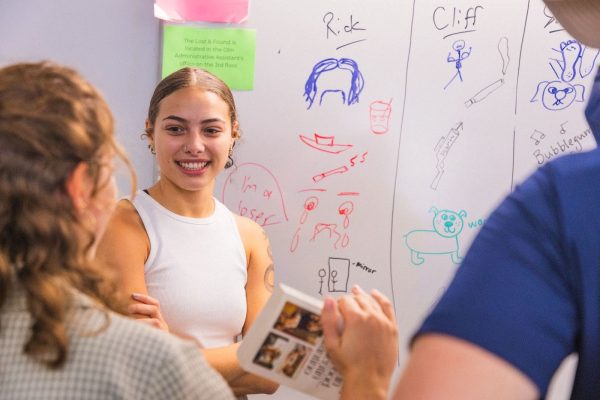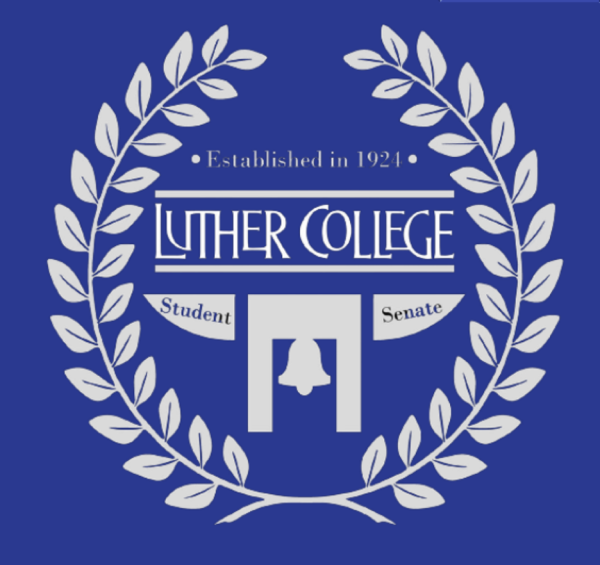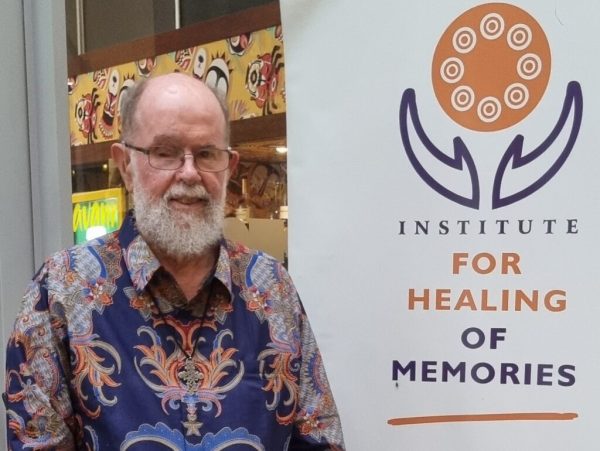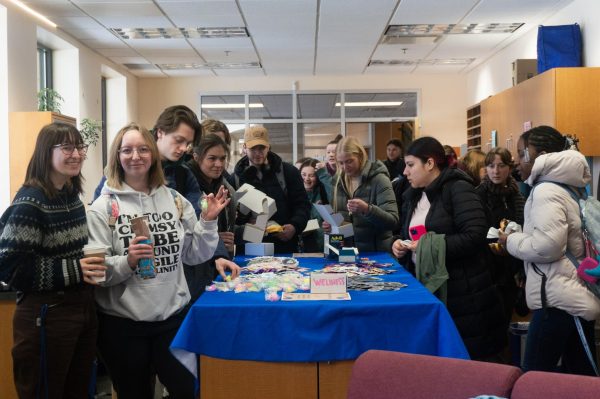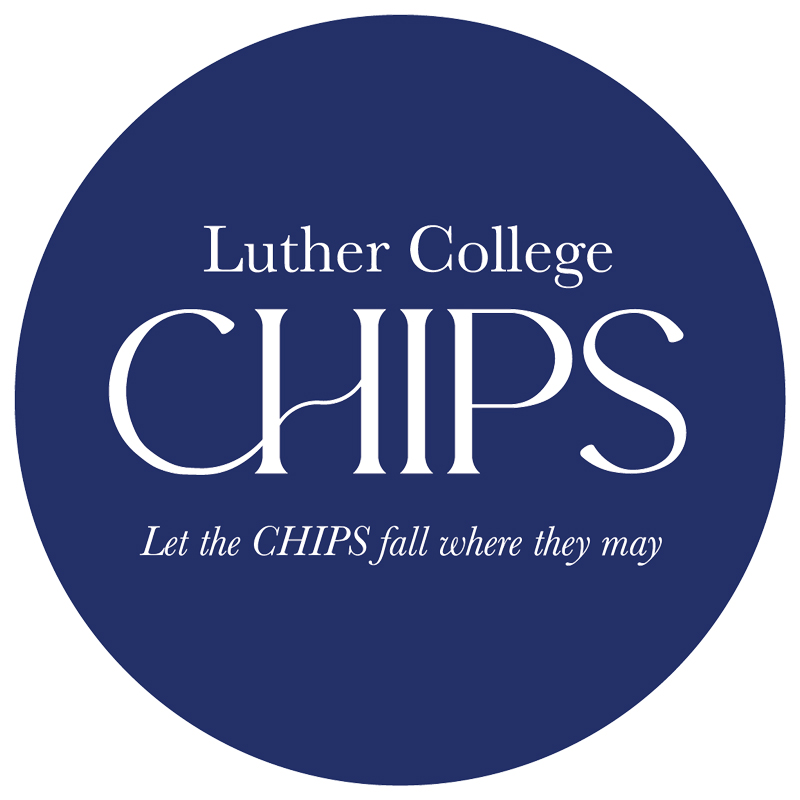Finding Interfaith Solidarity
In commemoration of Black History Month, Luther College’s College Ministries and the Center for Ethics and Public Engagement (CEPE) sponsored a lecture by Professor of Religious Studies at the Indiana University School of Liberal Arts Edward Curtis called “How I Left the Interfaith Movement and Found Interfaith Solidarity.”
Curtis is from Southern Illinois, where he was raised Presbyterian. He was exposed to many different religions at a boarding school on the East Coast, which made him realize his love for learning about other faith traditions just as much as he enjoyed his own. Curtis then began studying Islamic religion in college and went on to become a scholar of Arab American, African American, and Muslim American History.
In the lecture, Curtis discussed his personal experiences with mainstream and corporate-run interfaith movements and how he renewed his focus on Muslim, Black, and Palestinian Liberation. This renewed focus resulted from the realization that the interfaith movement he was involved in was not a way he wished to do interfaith work. After this realization, he began working in interfaith solidarity by partnering with people of other religions to work toward interfaith solidarity.
“I’ve formally been involved in interfaith engagement since I’ve been a teenager, but in the past couple decades in the United States, there’s been an interfaith movement which has been funded by corporations, foundations, and the US government,” Curtis said. “That movement oftentimes very much supports the political status quo, and so I’m referring in particular to the interfaith not of the grassroots, but of the powerful. The interfaith movement of the powerful is empty, and it is corrupt. But interfaith solidarity offers us a different way to act out our deepest values, and be willing to sacrifice for those values, so that we can achieve a better world together across the lines of faith.”
Curtis also discussed the bigger picture of what he finds to be important, which is for all people to be able to practice the religion they believe in.
“I seem to delight in the idea that we needn’t be all the same,” Curtis said. “We human beings can appreciate one another’s religious commitments without having to convert or convince one another.”
A consistent theme in this lecture was not only religious tolerance, but the necessity of the acceptance and celebration of all religions. Pastor Michael Foss, Interim Director of College Ministries at Luther College, stressed the importance of interfaith dialogue.
“When we are willing to be in dialogue with people with whom we do not share tenets of faith, [it] opens up possibilities for acceptance and for working together,” Foss said. “I believe [these] are fundamental for civil rights.”
The lecture had a large turnout, with about 40 attendees and significant engagement in the Q&A portion at the end. This lecture was not only for students, but for anyone involved in the Luther community. Associate Professor of Religion at Luther College, Todd Green thought it a good idea to incorporate a controversial topic in order to give people a new perspective into the corporate-funded interfaith movement.
“This topic isn’t something that would benefit only Luther students or Luther faculty,” Green said. “This perspective is important in larger public and political discourse in the United States. Anyone who sees themselves as wanting to be an engaged, educated, and concerned citizen would benefit from engaging in this perspective.”
A recording of Curtis’ lecture is available on the Luther College YouTube page. People may watch this lecture to learn more about interfaith work, and the College Ministries will be holding a Chapel Series devoted to interfaith cooperation and civil rights. More information about the series can be found on the Luther College website.

